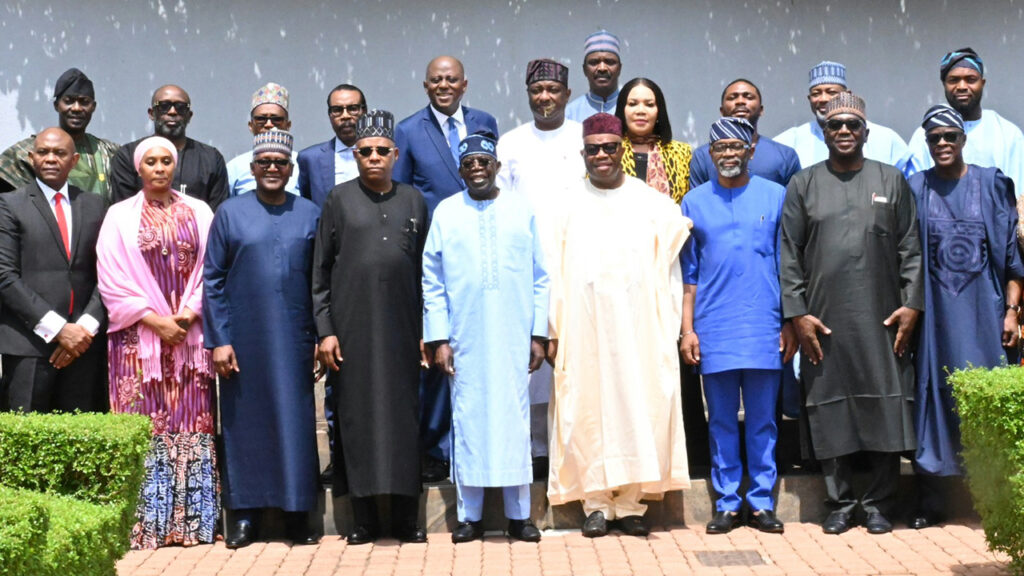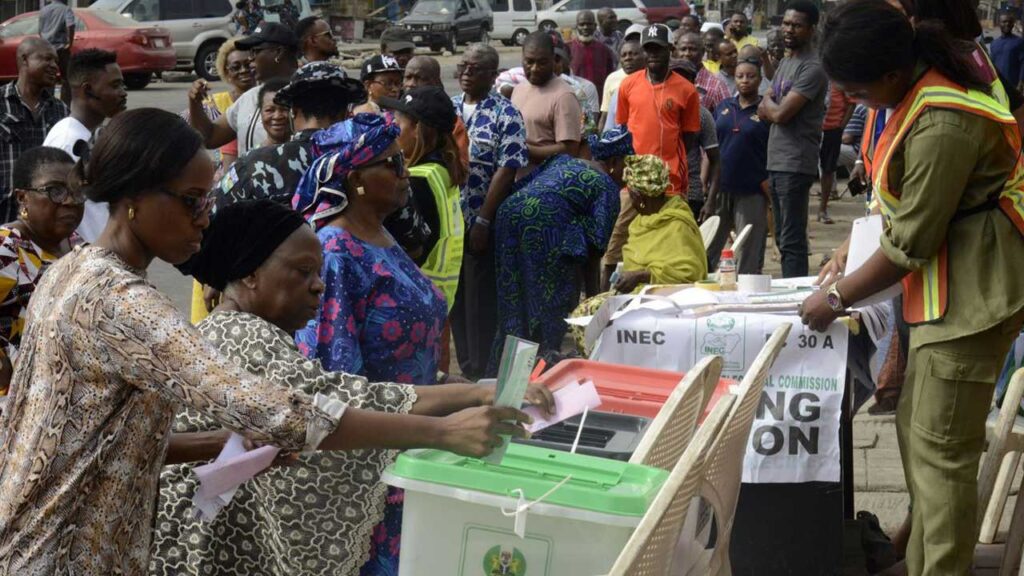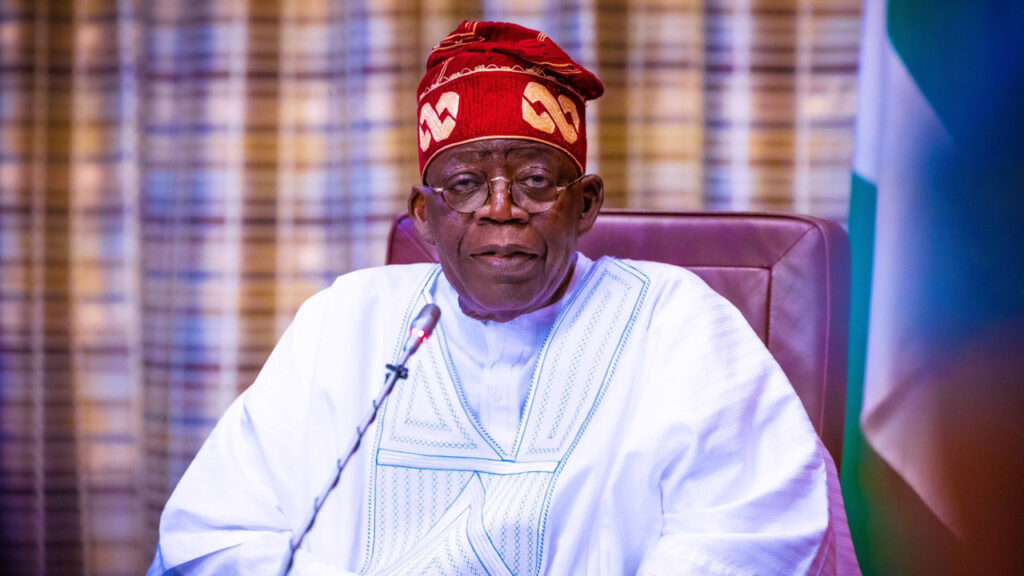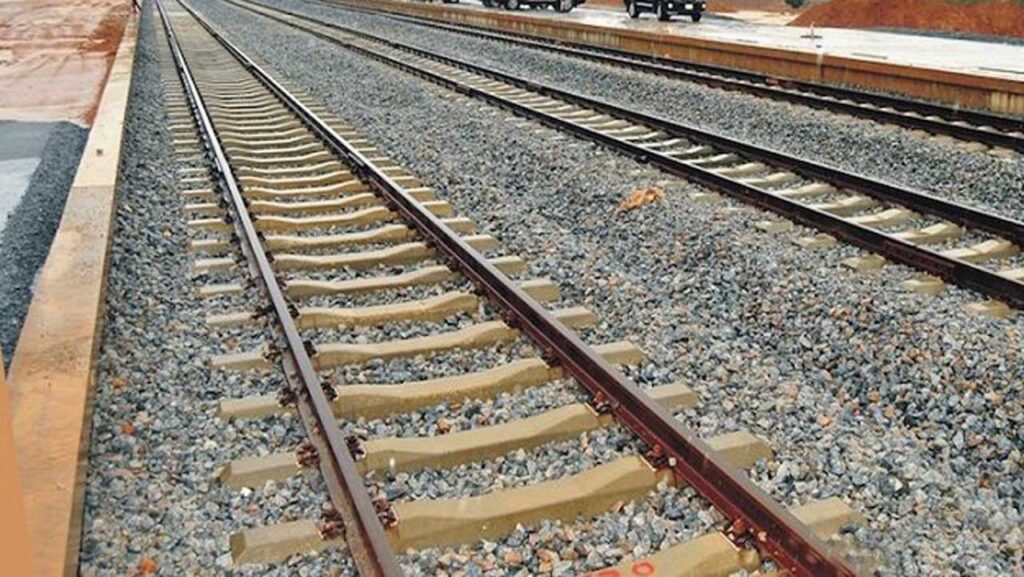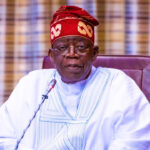Obi backs Dangote, says monetary, fiscal policies slowing economic growth
President Bola Tinubu, yesterday, inaugurated the Presidential Economic Coordination Council (PECC) to strategise on a way out of the country’s present economic situation.
The council has a mix of government officials, private sector players and consultants, including President of Dangote Group, Aliko Dangote; Chairman of United Bank of Africa (UBA), Tony Elumelu and Chief Executive Officer of Financial Derivatives, Bismarck Rewane.
Meanwhile, the presidential candidate of Labour Party (LP) in the 2023 election, Peter Obi, in a post on X, yesterday, said the monetary policy “is slowing economic growth”, noting that Dangote’s recent outcry supported his earlier criticisms of the negative effect of Central Bank of Nigeria (CBN)’s monetary policy.
Briefing State House correspondents after the council’s inauguration, Minister of Finance and Coordinating Minister of the Economy, Wale Edun, said the council would meet and report to the President monthly.
According to Edun, the President presented the PECC with the outcomes of his accelerated, stability, stabilisation and advancement plan, which is an emergency plan to cover the next six months.
In addition, the council is to galvanise the Tinubu administration’s target of getting crude oil production up to two million barrels per day. Edun also said the plan involved a N2 trillion package to stabilise the economy.
The package includes N350 billion for Health and Social Welfare, N500 billion for Agriculture and Food Security, N500 billion for the Energy and Power Sector and N650 billion for general business support.
He further explained that the Federal Government was focusing on boosting the country’s agricultural production to ensure food security. Dangote assured Nigerians that the PECC would come up with measures that would help the economy bounce back in the shortest possible time.
At the same time, Elumelu commended the President for constituting the council, and pledged the commitment of the private sector. On July 2, 2024, Dangote said the increase of interest rate to almost 30 per cent by the CBN would stifle growth. He added that the country was battling “a very high” interest rate.
The Monetary Policy Committee (MPC) of CBN, on May 21, raised the Monetary Policy Rate (MPR) – on which banks benchmark their interest rate – from 24.75 per cent to 26.25 per cent.
Obi said the negative impact of the policy on Micro, Small and Medium Enterprises (MSMEs), the engine of economic growth, was significant. He said, “Dangote’s recent outcry against the current interest rate of 30 per cent, underscores my earlier cry in February on the negative effect of the monetary policy of the Federal Government,” Obi said.
According to Dangote, no jobs will be created with such a high interest rate because there will be no growth in the economy. “This has been my consistent position over time. In February this year, I argued against the decision of the MPC on MPR to 22.5 per cent and CRR to 45 per cent increases which, in my opinion, would further worsen the economic situation, as the increases would push interest rates on loans to above 30 per cent, which would be very difficult for manufacturers and MSMES to borrow and repay.
“If Dangote, the richest person in Africa and foremost industrialist, can complain, then imagine the negative impact of these policies on MSMEs that are the engine of economic growth,” Obi added.
The former Anambra governor said the harsh economic policies, both monetary and fiscal, persistently slowed down economic growth, driven multinationals out of the country, stifled small businesses and discouraged the inflow of foreign direct investment (FDI).

